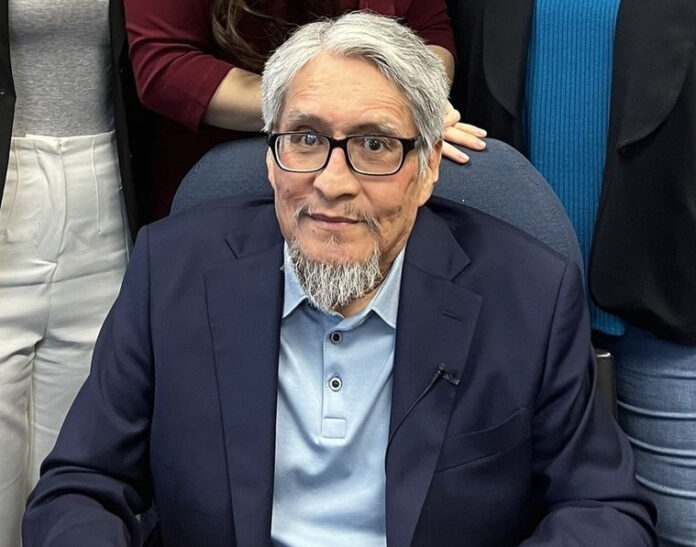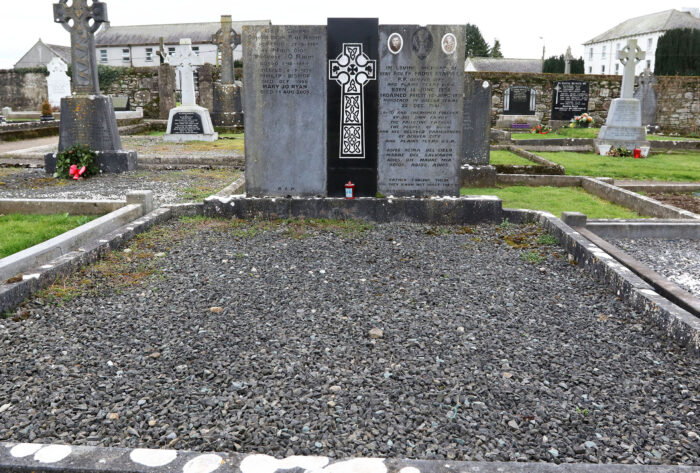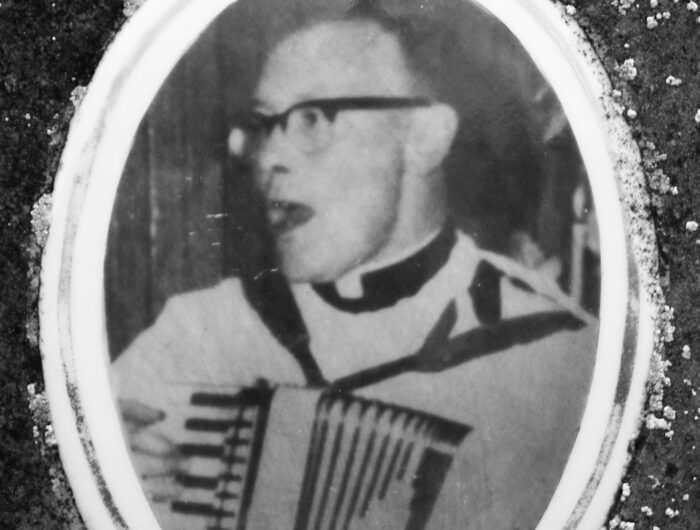
A US court has recommended that a man convicted of murdering a Limerick priest in 1981 be exonerated.
In 1983 in Texas, USA, native Apache Indian James Reyos was convicted of murdering Fr Patrick Ryan (49), from Doon, County Limerick.
Mr Reyos was convicted by a jury even though he had an airtight alibi and swore he was innocent after recanting a drunken admission he had made a year after the 1981 murder.
Forty years on, the Ector County District Attorney’s office in Texas has decided to allow Reyos’ appeal to have his murder conviction quashed.
Fr Patrick Ryan’s body was discovered in the Sand and Sage Motel in Odessa, 80 miles from his home, on December 21, 1981. He has been reported as being found bound, naked, and badly beaten.
The Limerick priest, who at the time was serving as Parish Priest of Denver City and Plains, Texas, had checked into the motel under an assumed name and address.
Evidence of finger prints found in the motel room, which were thought to have been lost, were recently discovered, pointing to three other males (who have since passed away) as being the chief suspects for Fr Ryan’s killing.
Mr Reyos’ case was taken on by the Innocence Project of Texas (IPTX), which estimates there are between 3,000 and 9,000 innocent people currently in Texas prisons “with the rate of wrongful convictions being estimated between 2 per cent and 6 per cent”.

A statement released by the IPTX to the Limerick Post on Monday night, read: “This afternoon, the Ector County District Court recommended that our client James Reyos be exonerated. At a hearing in March, the judge heard overwhelming evidence of James’ innocence from his legal team at IPTX.”
“James’ case will now be transferred to the Court of Criminal Appeals in Austin, which will make a final ruling.”
A False Confession
During the initial investigation, the Odessa police interviewed Mr Reyos, who was the last known person to see Father Ryan alive.
Mr Reyos established through multiple witnesses, store receipts, and a speeding ticket, that he was in New Mexico at the time of the 1981 murder.
Texas Rangers verified the information and ruled him out as a suspect at the time, however a year later, while heavily intoxicated on drugs and alcohol, Mr Reyos called 911 and confessed to the murder.
He recanted the confession following his arrest, but the State indicted and tried him for Fr Ryan’s murder.
In addition to the confession, the prosecution focused extensively on his Apache Native American race and his homosexuality.
Mr Reyos first met Fr Ryan a few weeks prior to the murder while he was hitchhiking and was given a lift by the Limerick priest.
He told police, and had claimed during his trial, that Fr Ryan sexually assaulted him – a claim the trial prosecutor suggested was a lie and an attempt to slander Fr Ryan. Two other men testified during Reyos’ trial that Fr Ryan had approached them in a car park for sex.
On the morning of the murder, Fr Ryan gave Mr Reyos a lift to get his car out of an impound lot in New Mexico, however they then parted ways, according to IPTX.
In 2022, Odessa detectives located fingerprints in police archived files that had been taken from the crime scene and from a wallet and car belonging to Fr Ryan, which were stolen on the day he was murdered.

The police ran the prints through a Texas national fingerprint database, and the analysis revealed the identities of the suspects for the killing – three men, since deceased, with criminal histories, who had also been staying at the same motel at the time of the murder.
Fr Ryan’s body was repatriated back to his native Doon, County Limerick, and his remains were laid to rest in St Fintan’s Cemetery.
After hearing the court’s recommendation, Mr Reyos said he had “always believed” he would be exonerated. He said the court’s ruling “puts me one step closer to finally clearing my name”.









